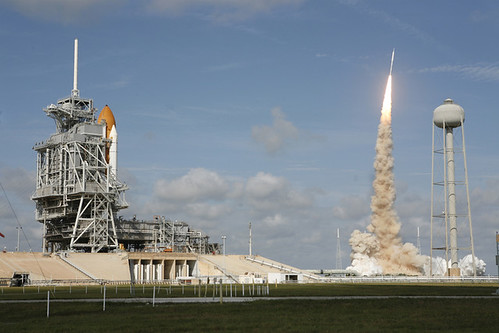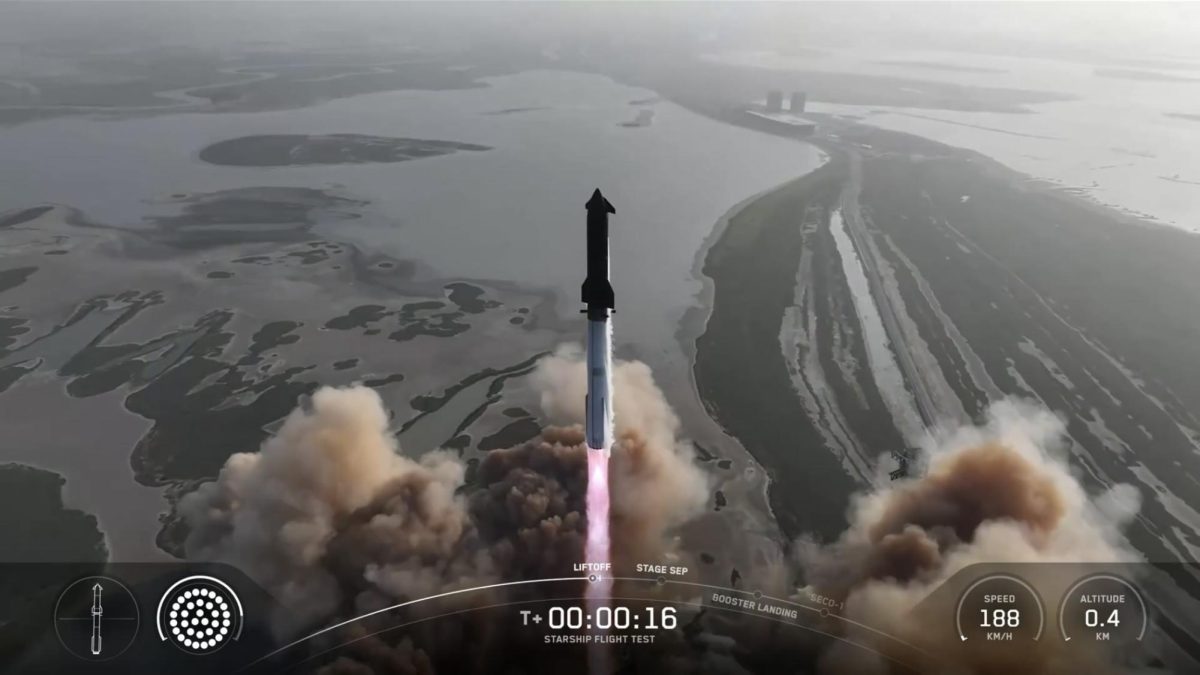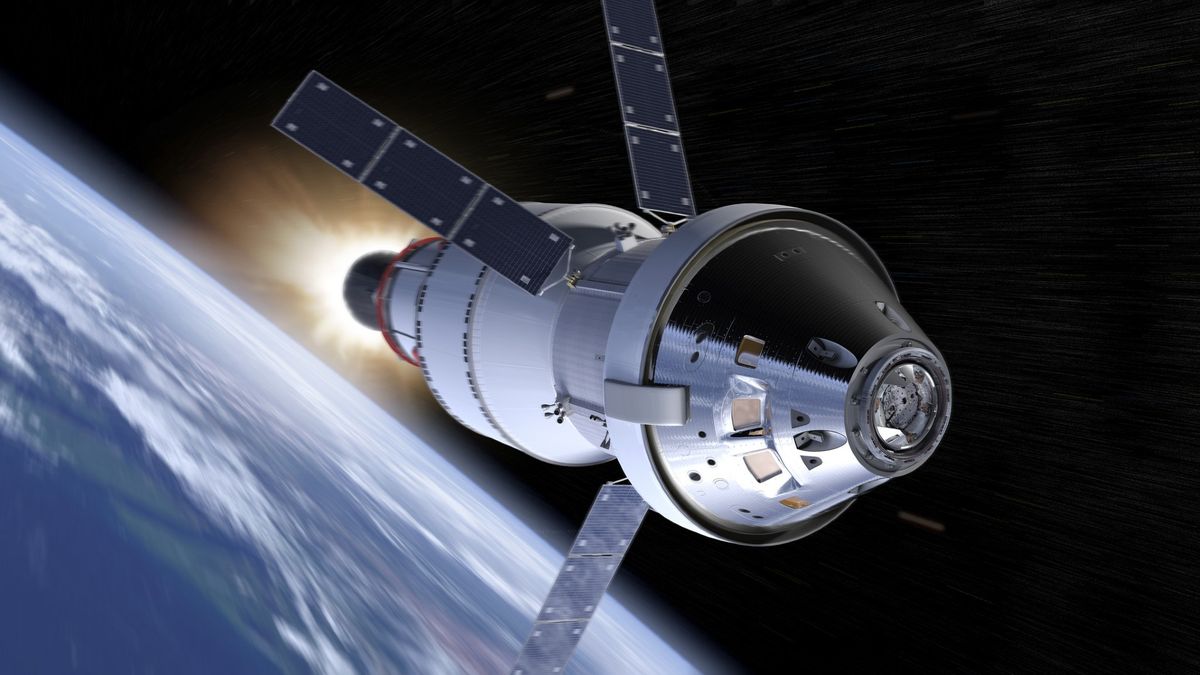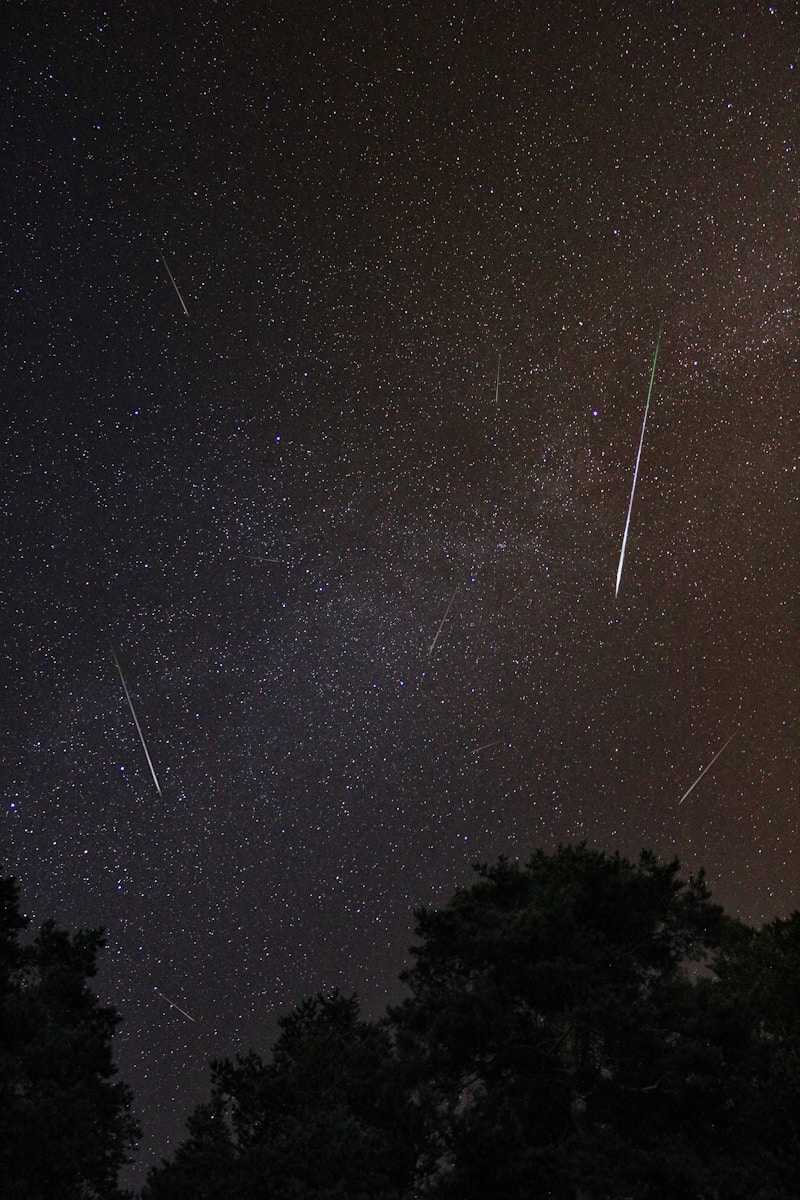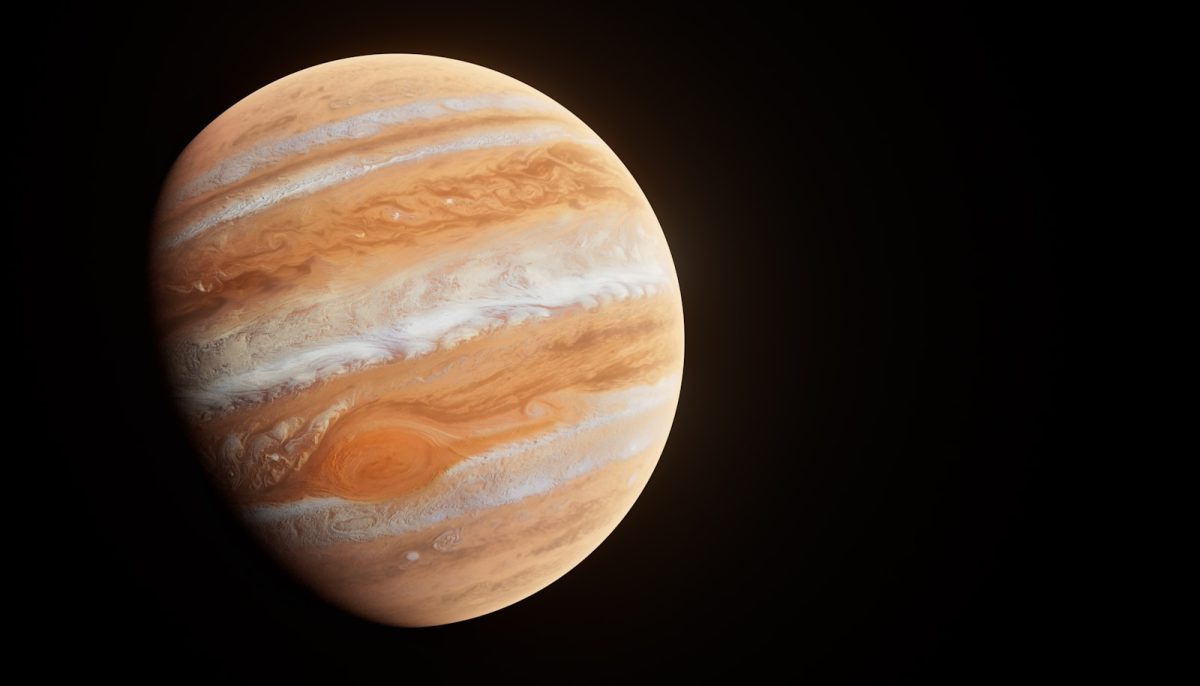
The Hubble Space Telescope, which has been in Earth Orbit for over three decades now, is expected to deorbit in 2034, bringing a close to a significant asset that has helped NASA (and the world at large) understand the universe. In 2022, billionaire and major funder of the Polaris Program, Jared Isaacman, announced that he would fly to Hubble and perform maintenance on the Telescope, which would be funded entirely privately. The only thing that Jared would need to do is get permission from NASA, which would allow him to conduct the mission on Hubble. When Jared announced this in 2022, NASA immediately became interested in the idea, but it has become much quieter recently.
While there are significant concerns about the mission, there are several critical advantages to NASA repairing it themselves. For one, NASA would not have to pay for anything, all the cost would be covered by Jared Isaacman. For another reason, this repair mission could boost Hubble’s orbit far enough to last another 20 years instead of the ten that would be left without a mission. A third advantage is that the repair mission could upgrade Hubble’s telescope module, meaning Hubble could provide new data and possibilities.
The mission to repair Hubble is not without its risks, however. The most major risk is that the people doing the repairs have never done anything like what they would need to do to repair the Telescope and could destroy Hubble prematurely if something goes wrong. Another risk is that the space suit they will be wearing for the repairs, the SpaceX EVA (ExtraVehicular Activity) Suit, has never been tested in space before and will then pose a risk of accidents (or death) to the people wearing them. Also, Hubble experts at NASA have raised concerns about the “Risks of what was being proposed.”
LEARN MORE:
https://www.npr.org/2024/05/16/1250250249/spacex-repair-hubble-space-telescope-nasa-foia
https://spacenews.com/nasa-and-spacex-to-study-possible-private-hubble-servicing-mission/
https://www.space.com/spacex-polaris-program-hubble-servicing-mission
TAKE ACTION
https://www.nasa.gov/humans-in-space/astronauts/become-an-astronaut/
https://www.spacex.com/careers/
